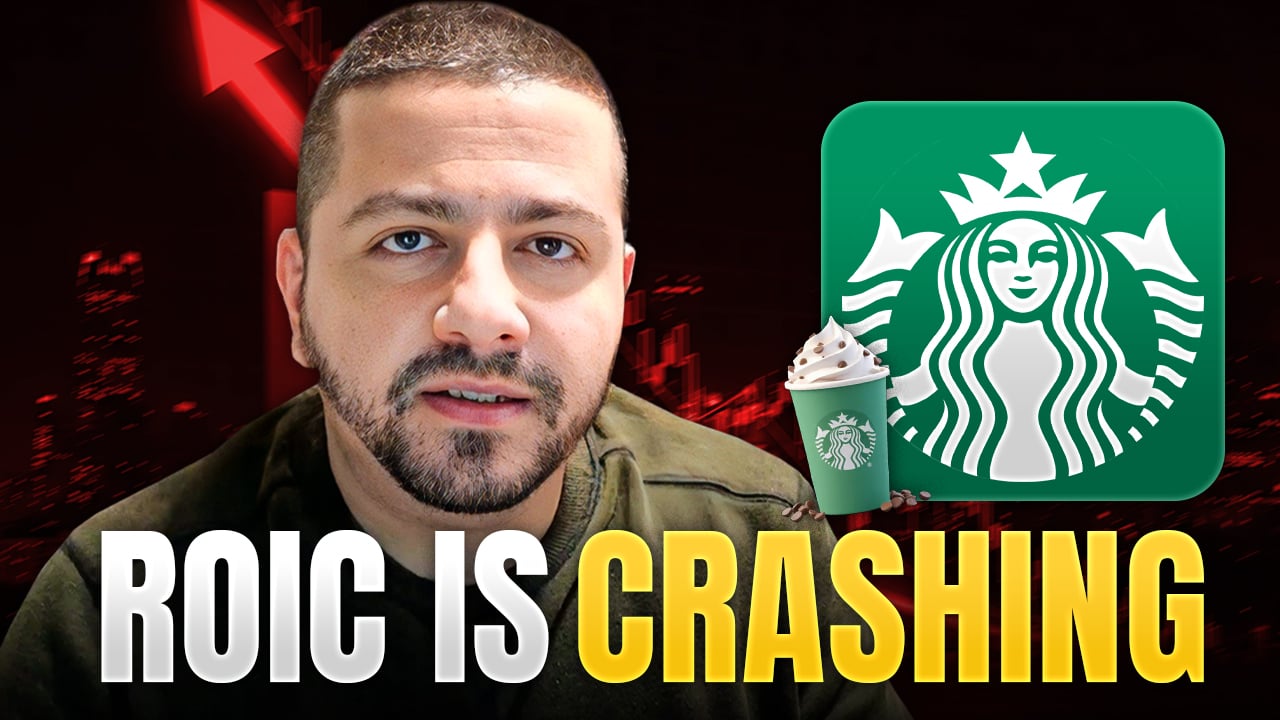It's that time of the year again, folks! It's time to dust off the cyber awards and crown five CEOs with the prestigious honor of being the best of the best in 2013.
Unlike last year when we held several rounds of public voting after I arbitrarily picked eight of the best and worst CEOs, I wanted to do something different this year. So instead of randomly picking who I thought should be in each category for 2013, I reached out to as many of my Motley Fool colleagues as possible and aggregated their answers into one list. The result is a considerably more balanced list representing a wider swath of views, and likely a more accurate portrayal of the best CEOs of the year than I could have come up with by myself.
Last week I unveiled the fifth-best CEO of the year award, which went to Alan Mulally of Ford, to which Foolish auto industry contributor Dan Miller commented, "He was robbed!"
This week we turn our attention to the consensus fourth-best CEO of the year, none other than Howard Schultz of Starbucks (SBUX 2.23%).

Howard Schultz. Source: Starbucks.
Why Howard Schultz?
If there's any CEO who can "grind it out" with the best of them, it's Schultz, who left the company in 2000 only to reemerge as CEO in 2008 in an effort to boost sales and reinvigorate a stalling brand. Needless to say, Schultz is the oil that keeps the Starbucks engine running and was one of the top selections for CEO of the Year from longtime Fool contributor Selena Maranjian.
First and foremost we have Schultz's capacity for innovation, which keeps Starbucks among the leaders in coffeehouses in the U.S. and throughout the world. Starbucks has really been a major hit with health-conscious eaters given its efforts to focus on more nutritious and organic offerings. The company understands that these products come with a premium price, but consumers going into Starbucks are expecting an upscale experience that is different from, say, getting coffee at Dunkin' Brands' (DNKN +0.00%) Dunkin' Donuts. Food has been a gigantic growth driver for Starbucks' rebound, and it will likely continue to be a big source of its margin growth.
Expansion has also been squarely on Schultz's agenda. Starbucks is pushing its brand overseas, especially into China, where the company aims to open 1,500 stores by 2015! Even with the company somehow finding room to grow U.S. sales through price increases and a few new store openings, emerging markets hold the key to its long-term growth potential. As Foolish contributor Tamara Walsh commented, "Since returning to Starbucks as CEO in 2008, Schultz has not only revived the brand, but also transformed it into a global powerhouse."
Schultz has also been a leader in the "if you can't beat them, join them" mantra. It's hard to believe that Starbucks wasn't the inventor of everything "coffeehouse," but it's the truth. Green Mountain Coffee Roasters (GMCR +0.00%) and its Keurig single-serve brewing system proved to be a potential competitor to Starbucks' entire business model beginning in 2006. When Green Mountain struck a deal with Dunkin' Donuts owner Dunkin' Brands in 2011, Starbucks did the only thing it could do... sign a collaborative deal with Green Mountain just three weeks later. If there ever appears to be a competitive advantage on the horizon, Starbucks is masterful at neutralizing it.

Source: Starbucks.
Not only did Starbucks neutralize this aforementioned threat, but it also introduced its own single-brew system known as the Verismo last year. Even while doing business with Green Mountain Coffee Roasters, Starbucks is now able to offer its own in-house single-serve system without the threat of losing market share to a competitor. By doing so, Starbucks has managed to push Dunkin' Brands even further out of the loop of convenience. Dunkin', of course, isn't going down without a fight and is planning a West Coast expansion -- but it's also failed to do so on a previous occasion, so I'm not holding my breath.
Finally, Schultz introduced the gift that keeps on giving and growing -- a dividend -- in 2010. Starbucks' quarterly payout has grown from just $0.10 in April 2010 to $0.26 as of November 2013, a 160% increase in just three-and-a-half years. The new yield of 1.3% might not be enough to attract income investors, but given that the share price is up 52.2% year to date, most shareholders aren't going to complain.
Stay tuned as we unveil our third-best CEO of the year next week, as well as name as our fourth-worst CEO of the year later this week.






